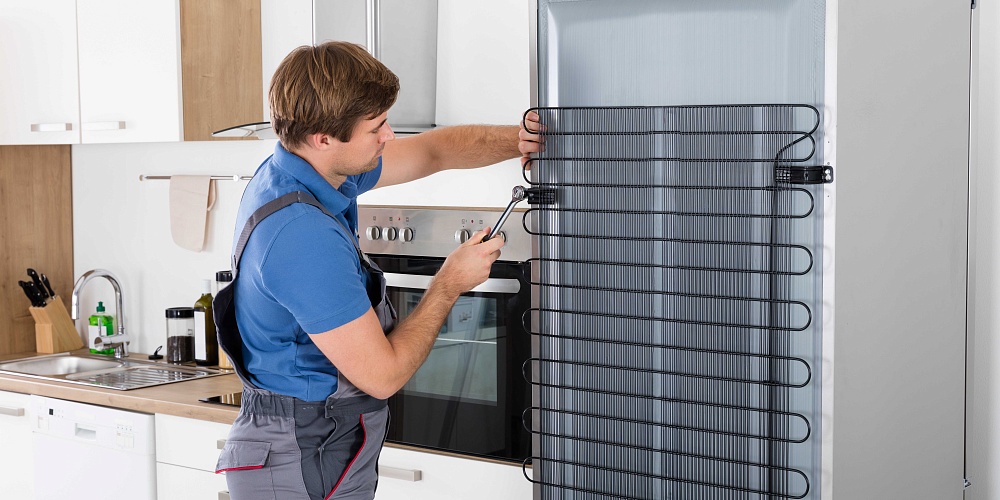
Your refrigerator is one of the most important appliances in your home, tirelessly working around the clock to keep your food fresh. However, just like any other appliance, it can encounter issues that impair its functionality. Identifying these issues early on can save you from food spoilage, increased energy bills, and costly repairs down the line. Here are five key signs that your refrigerator might need some attention.
If your refrigerator looks like it's sweating, this is a clear sign that something isn't right. Excessive condensation inside the fridge indicates that it's not cooling correctly. This can often be traced back to a problem with the door seal. If the seals are damaged or dirty, the fridge cannot maintain the proper temperature, forcing it to work harder and less efficiently. Check the rubber sealing around the door for any signs of mold, mildew, or degradation, and clean or replace it if necessary.
It's normal for your fridge to generate a bit of heat, but the sides and the back should never feel warm to the touch. If you notice that the motor is excessively hot, it could be a sign that the coils at the back are dust-covered or there's an issue with your fridge’s internal cooling mechanisms. Cleaning the coils might resolve this issue; however, if the problem persists, this could indicate a more serious problem such as a failing motor or inadequate ventilation.
If you find that your food is spoiling quicker than it should, this is a strong indication that your refrigerator is not maintaining the correct temperatures. Place a thermometer inside the fridge to monitor the temperature. If it’s above the recommended range of 37-40 degrees Fahrenheit (3-4 degrees Celsius), this is a cause for concern. This might be due to a faulty thermostat, inadequate sealing, or issues with the fridge's compressor.
Modern refrigerators are designed to be fairly quiet. If your fridge is making unusual noises, such as clicking, buzzing, or humming louder than usual, it could indicate a problem. A buzzing or humming sound can point to an issue with the compressor, while clicking might suggest a problem with the defrost timer. These sounds can start as minor annoyances but might signal serious issues that require immediate attention.
If there’s a spike in your electricity bills and your usage habits haven’t changed significantly, your refrigerator might be the culprit. As refrigerators age or become faulty, they often become less efficient, requiring more energy to maintain a proper temperature. This is especially true if your fridge is struggling due to one of the previously mentioned issues.
Awareness of the first signs of trouble in your refrigerator can help you prevent larger problems down the road. By keeping an eye out for these five signs and taking swift action, you can ensure your refrigerator stays efficient and effective for years to come.